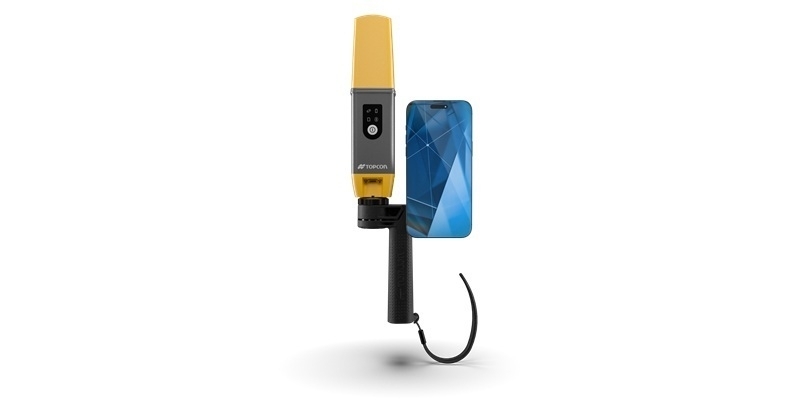After nearly two years of work Bremen in Germany hosted from 18 March to 16 April the final tests of the ADE (Autonomous DEcision Making in very long traverses) space robotics project from 15th of March to 16th of April, rescheduled from the initially-intended venue of Fuerteventura due to COVID-19 travel constraints.
ADE falls within the Strategic Research Cluster (SRC) in space robotics technology, coordinated by the H2020 PERASPERA project. Its remit is to develop and test a planetary rover system with very long traverse capabilities by independently taking the decisions required to progress, reduce risks and seize opportunities of data collection.
Coordinated by GMV and run with the collaboration of 13 partners from all over Europe*, ADE is dedicated to autonomous robotic decision-making, targeting specifically surface robot planetary missions performing very long traverses in unknown environments. ADE draws on the ERGO (European Robotics Goal-Oriented Autonomous Controller) autonomy system developed under GMV leadership in the first SRC phase.
The robotics platform used for field testing the project’s technology was the SherpaTT rover developed and provided by the Robotics Innovation Center of the German Research Center for Artificial Intelligence (DFKI). SherpaTT is a desert veteran that has already carried out simulated space missions in the Utah desert (USA) and Morocco under the GMV-led ERGO project, in 2016 and 2018, respectively.
Subscribe to our newsletter
Stay updated on the latest technology, innovation product arrivals and exciting offers to your inbox.
Newsletter

